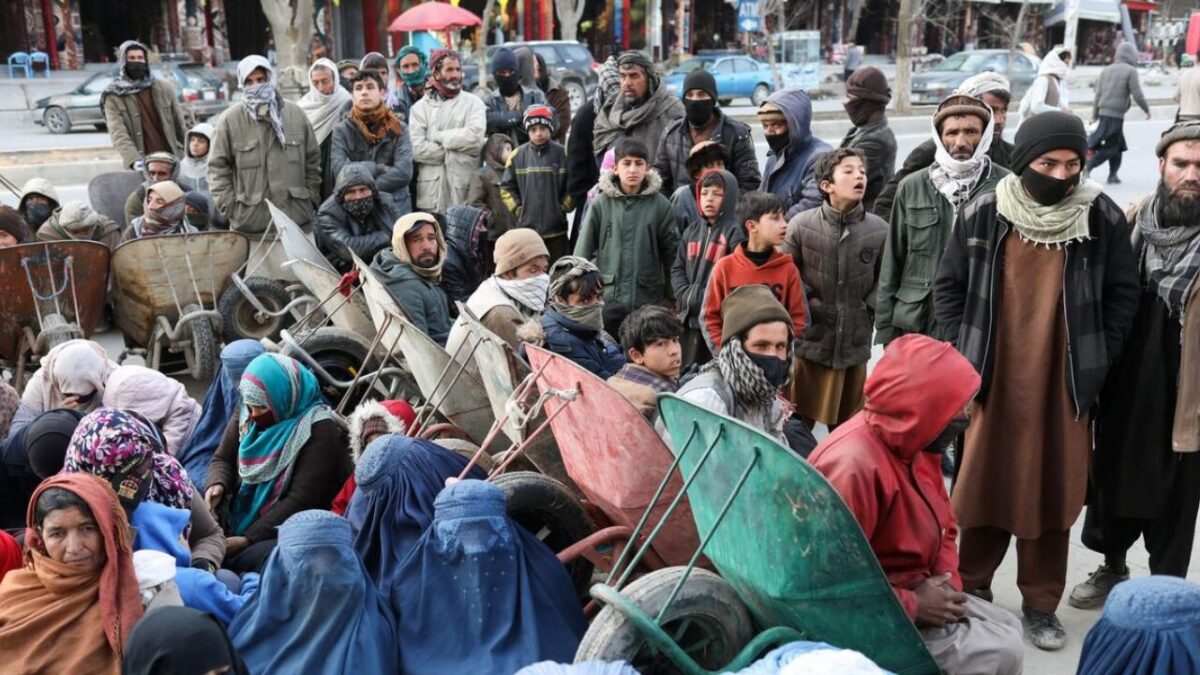KABUL — The United Nations Office for the Coordination of Humanitarian Affairs (OCHA) announced that it has received only 20.1 percent of the funds needed for its 2024 humanitarian operations in Afghanistan.
OCHA reported that it has secured $613.6 million of the required $3.1 billion, leaving a significant funding gap. The agency warned that 23.7 million people, including 9.2 million children, remain in need of humanitarian assistance.
The report highlighted numerous challenges, including the Taliban’s restrictions on women and girls, which are impeding humanitarian efforts. “Recovery from 40 years of conflict and entrenched poverty is increasingly challenged by stubbornly high levels of food insecurity and malnutrition, protracted displacement, widespread explosive ordnance contamination, recurrent natural disasters, communicable disease outbreaks, climate change effects, political estrangement, and heavily conditioned aid,” the report stated. “Since August 2021, the imposition by the De-facto Authorities (DfA) of increasingly restrictive policies on women and girls’ rights and basic freedoms has hindered their access to assistance and services, as well as their involvement in public life.”
OCHA’s findings also reveal that 1.4 million teenage girls are out of school, and 3.4 million people live within 1 kilometer of explosive ordnance. The report underscores the severe and ongoing impact of these restrictions and challenges on Afghanistan’s recovery and humanitarian needs.





